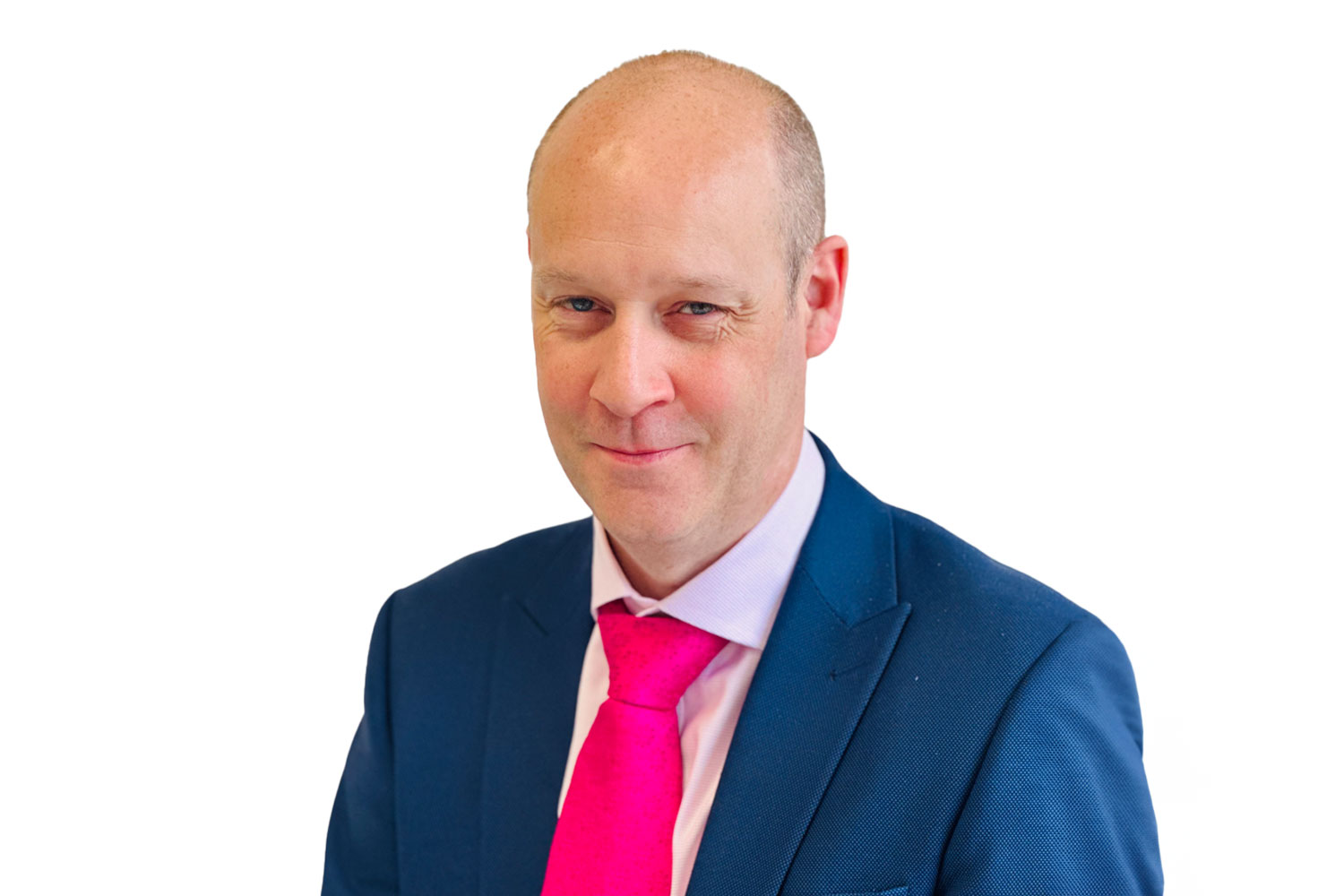Disputes over the rights to the body and funeral arrangements are not uncommon. They often arise over concerns about the final resting place of the deceased’s ashes or the choice of coffin. Such disagreements are not surprising, especially when competing claims come from different family members. The simple answer is that no one “owns” your body after death. The deceased’s body cannot be considered part of the estate, and beneficiaries cannot claim any rights over it per se. The person entitled to possession of the body is the one who has the duty to dispose of it. A coroner also has the right to possession of a body if it is subject to an inquest. In such cases, no one else may possess or dispose of the body until it is released by the coroner.
Beyond that, a few classes of people may have responsibility for disposing of a body. There is no strict order of priority, and more than one person may be responsible.
The most satisfactory solution is for the personal representatives and beneficiaries to try to reach an agreement, rather than risking the breakdown of family relationships and incurring legal costs. However, this is not always possible.
Who Decides What Happens to My Body?
It is not possible for a body to be gifted, sold, or disposed of by a Will. However, statute law permits that a body—or part of it—may be donated for medical or scientific purposes. The law surrounding organ donation in England has changed recently. Under the “opt-out” system, all adults in England are presumed to have agreed to be organ donors unless they have recorded a decision not to donate or belong to one of the excluded groups.
In 2021, 408 patients in the UK died while on the transplant waiting list. The question arises: will your organs automatically be taken if you do not opt out? The short answer is no. Your family will always be involved in the decision-making process before any organ donations take place. Therefore, it is important to make your wishes known and discuss them with your family so they can ensure your decision is honoured. Your faith and beliefs will also be taken into account before organ donation proceeds. It is essential to understand the facts about organ donation to make an informed decision.
Whose Duty is it to Dispose of a Body After Death?
The law currently is that the starting point is that the Executor has the primary duty to dispose of the body and has a right to possession of the body for this purpose. The Executor may determine the mode and place of burial even where other family members object. The right extends to the deceased’s ashes also so as to enable the Executors to dispose of the deceased’s remains properly after cremation this extends to the choice and inscription on the headstone unless the Executors cannot agree. It is clearly always helpful to make these wishes known in advance.
If there are no Executors, this duty may fall to the local authority or the coroner, whose right to investigate and inquire into the death supersedes all others, or to the hospital where the deceased passed away. This responsibility may also extend to the household under whose roof the person died, particularly if the deceased was a poor person and no other arrangements can be made. If there is a dispute about the identity of the personal representatives, the person lawfully in possession of the body typically has the authority to decide on its disposal.
Recourse to the Court for Direction
In cases of dispute, the court can intervene to give directions, such as exercising its power under Section 116 of the Senior Courts Act to appoint an administrator and provide a limited grant, which allows for the release of the body so that arrangements for its disposal can be made. The court will consider the special circumstances and relevant factors in such cases.
Different considerations may arise if the deceased was domiciled outside of England and Wales.
What Do You Want to Happen to Your Body?
If you want to control what happens to your body after death, you should specify your wishes in your Will, appointing Executors to carry out those wishes. It is also advisable to include a separate letter with your Will outlining your preferences, as Executors have broad discretion and act as Trustees of your body upon your death. Your Executors will need to consider what is appropriate by reviewing your Will, listening to relatives’ opinions, and reflecting on any points you may have raised during your lifetime.
Problems can arise if you die without a Will, or if your preferences are not clearly set out. In cases of intestacy, there may be disputes among those equally entitled to deal with the body. This added pressure at a time when decisions need to be made quickly is unhelpful, as the body cannot be kept at the funeral directors indefinitely, nor should the ashes be held in a way that contradicts what the deceased would have wanted.
Whether you are concerned about a dispute that has arisen, or you are planning your Will to prevent potential conflicts, please contact us to speak to a member of our Private Wealth and Inheritance or Contentious Probate Teams. Our specialists will be happy to provide guidance and advice.








